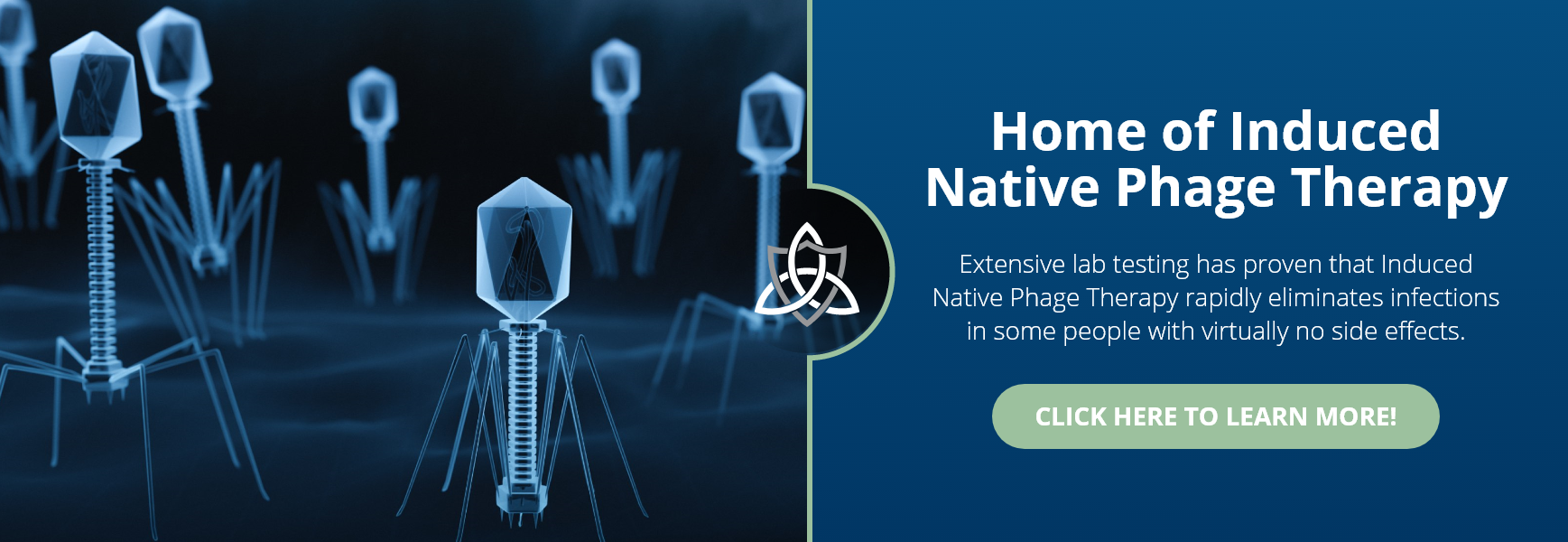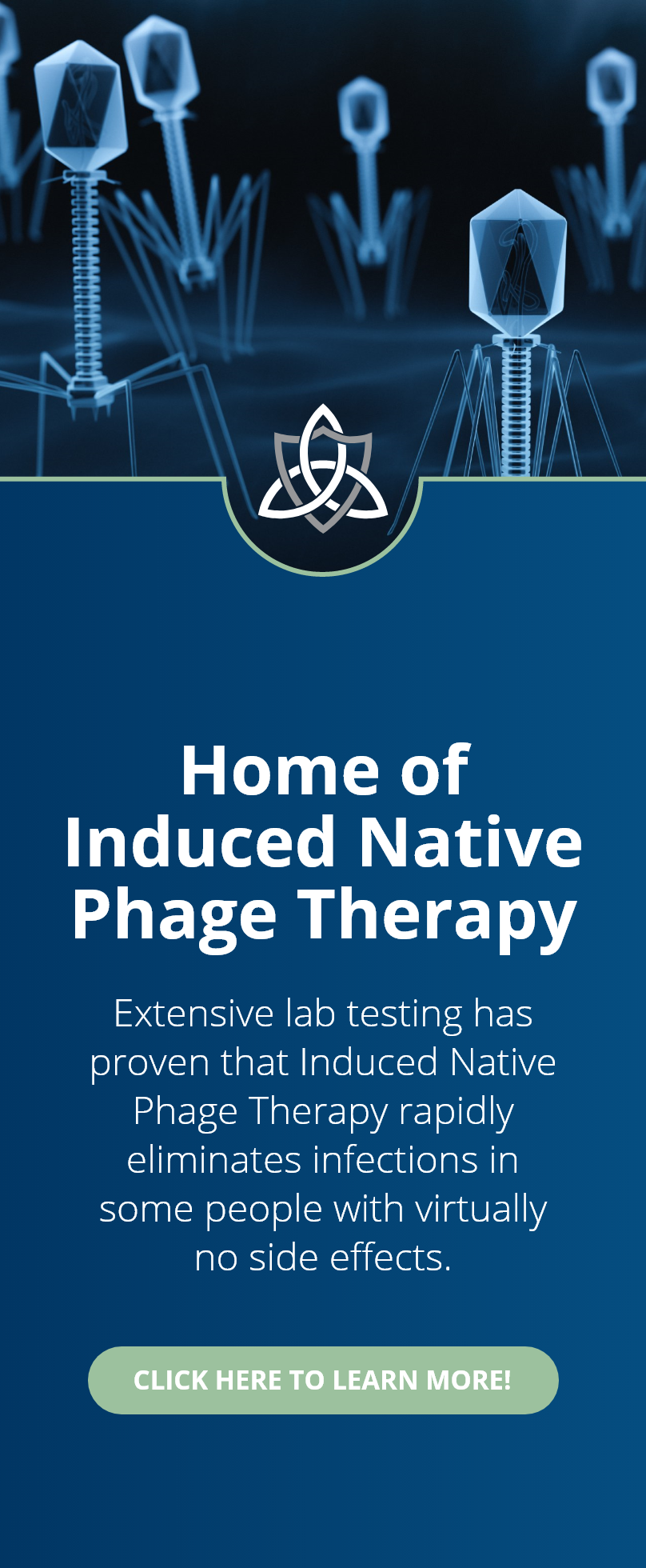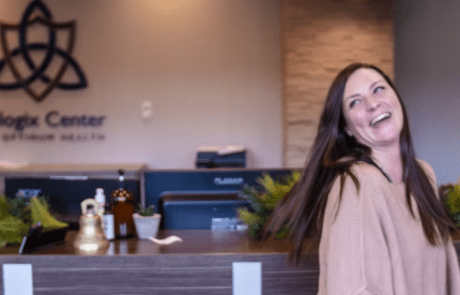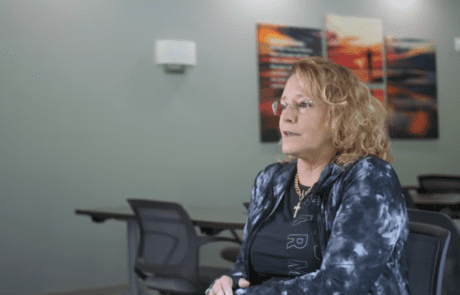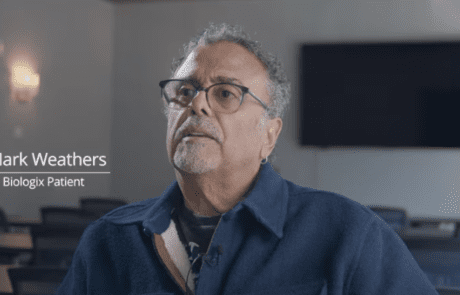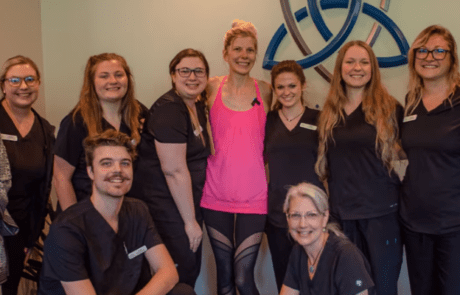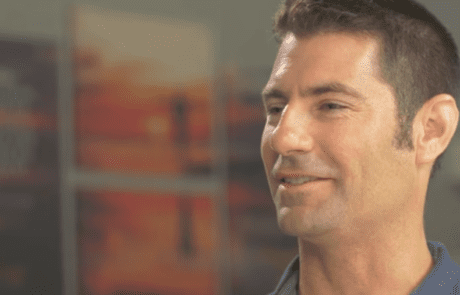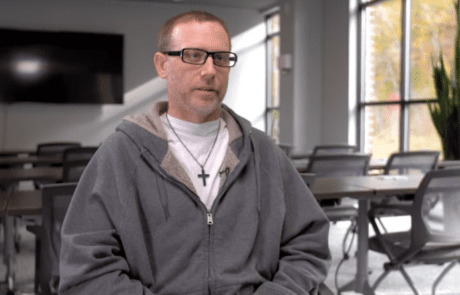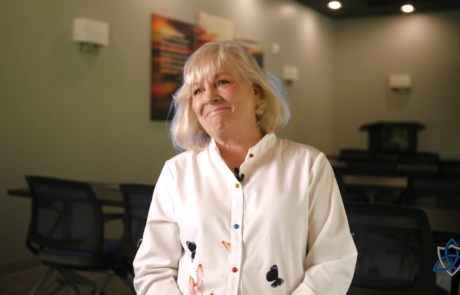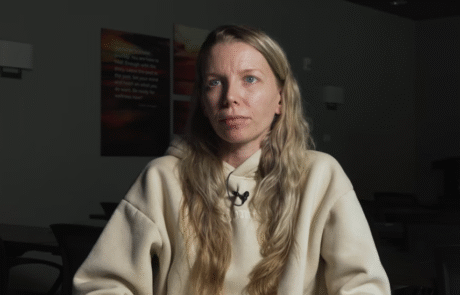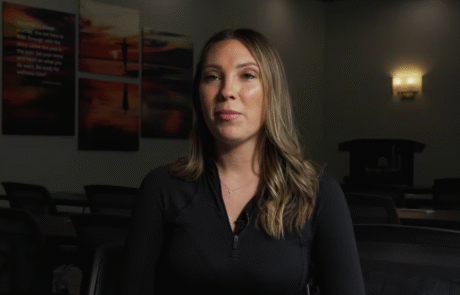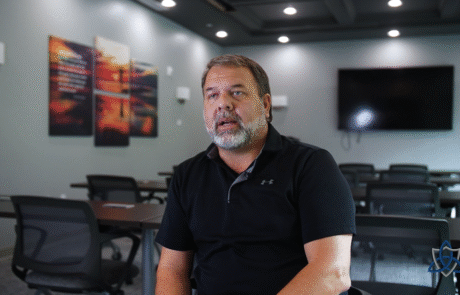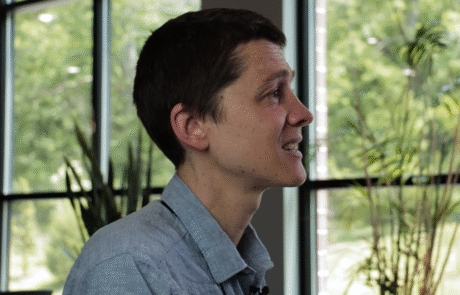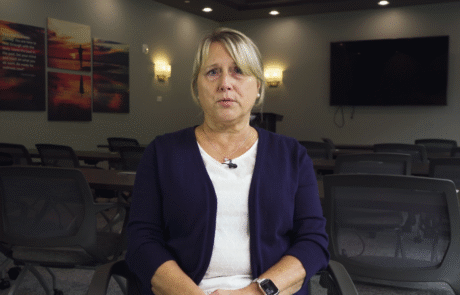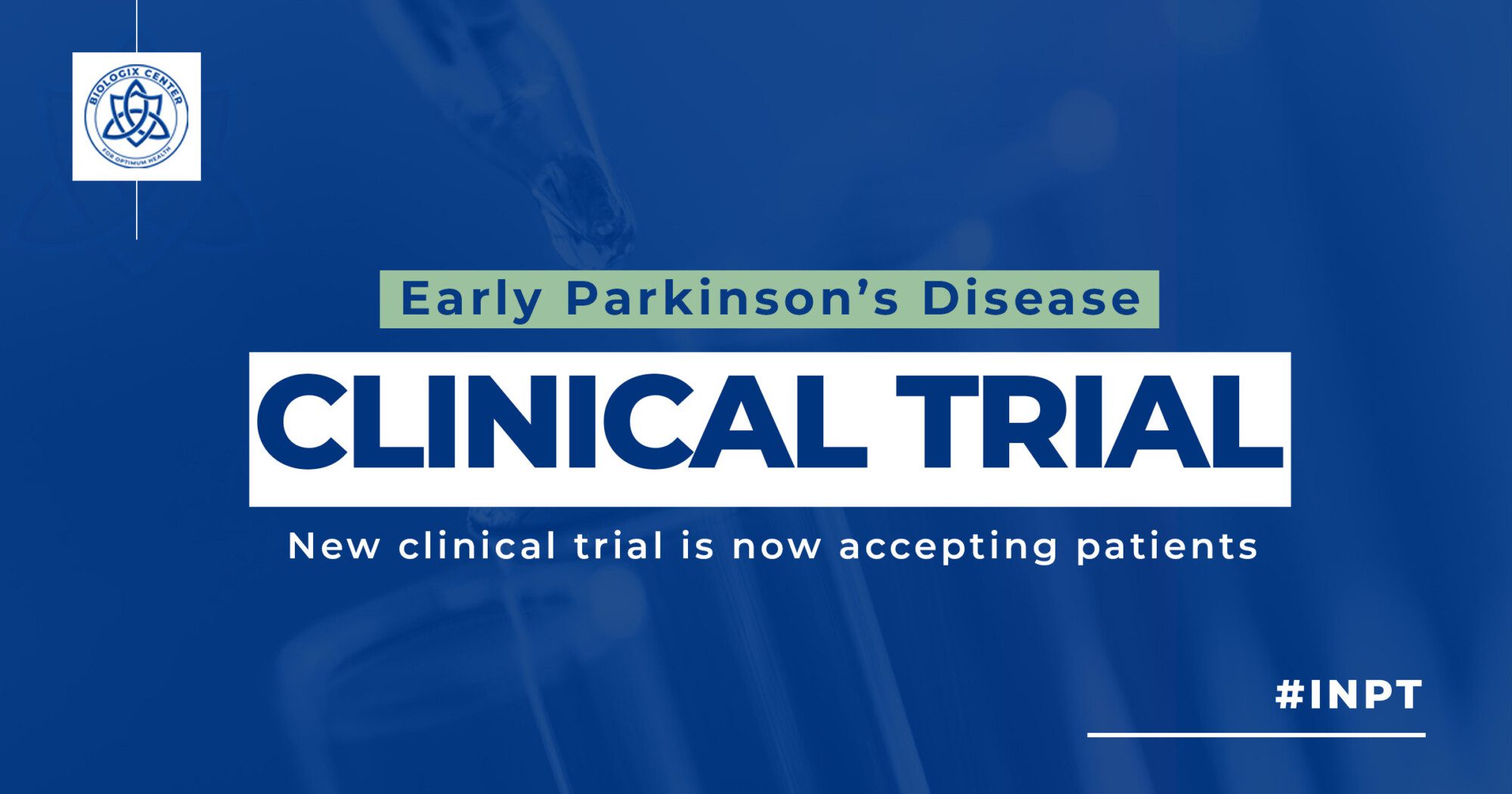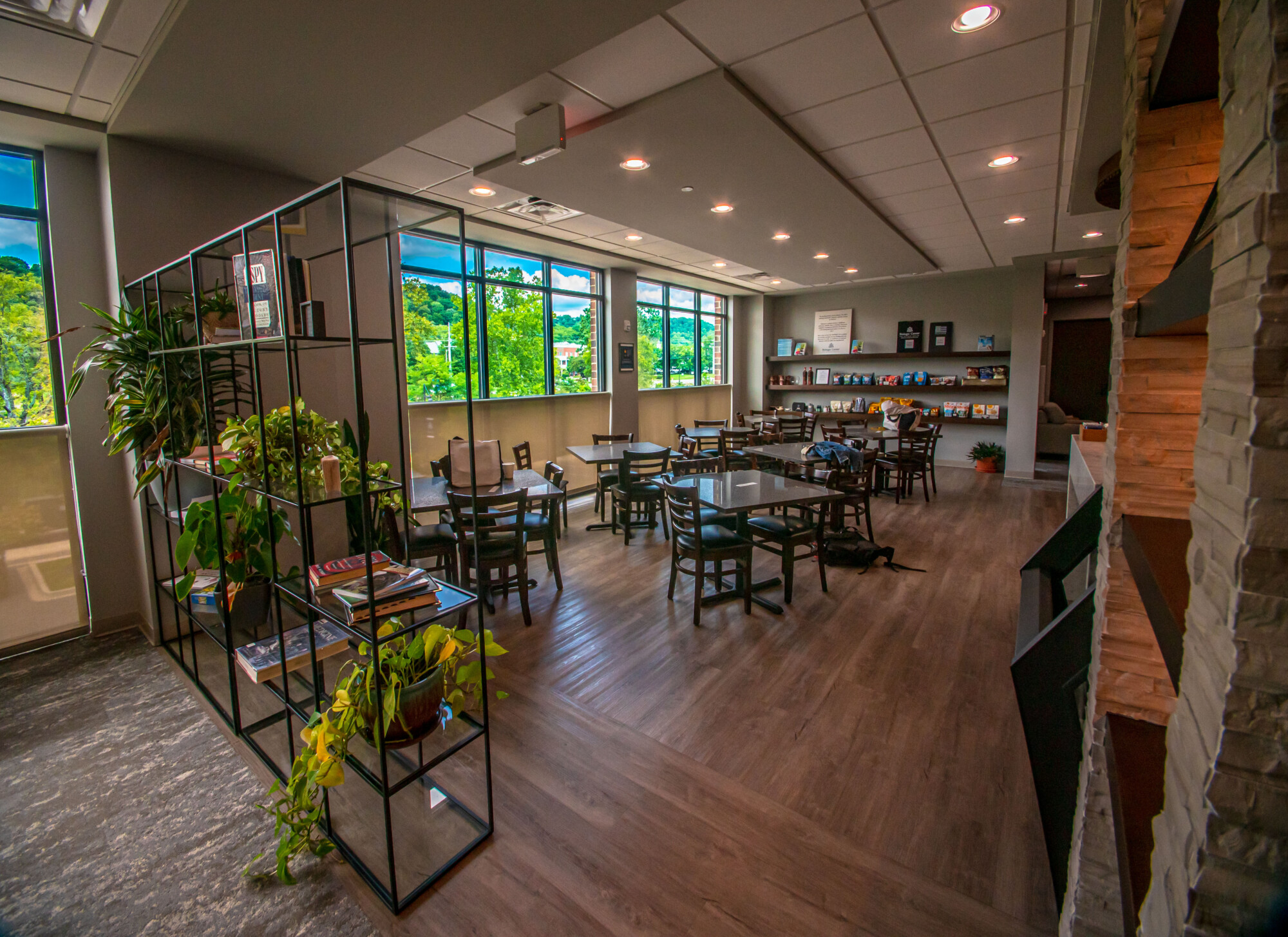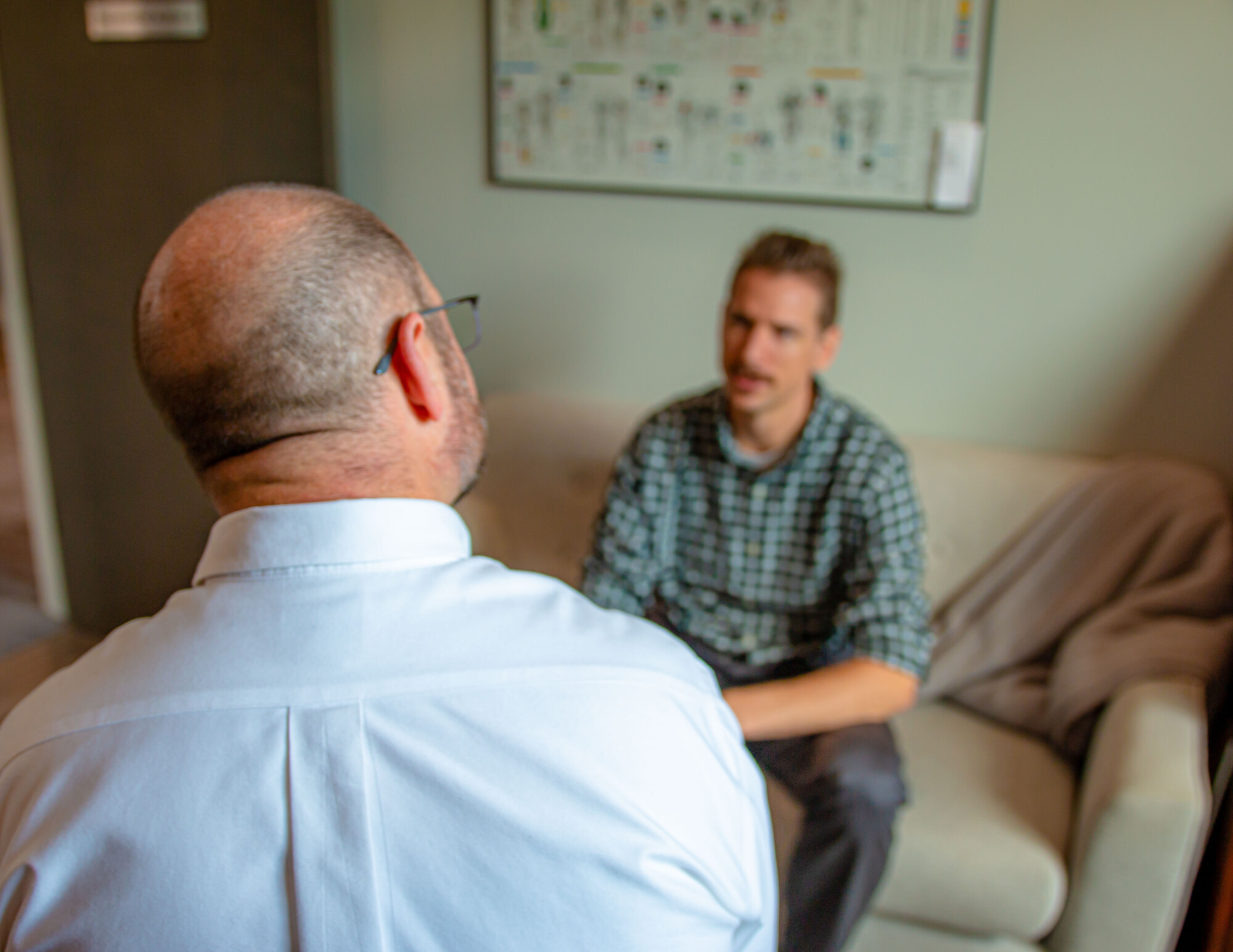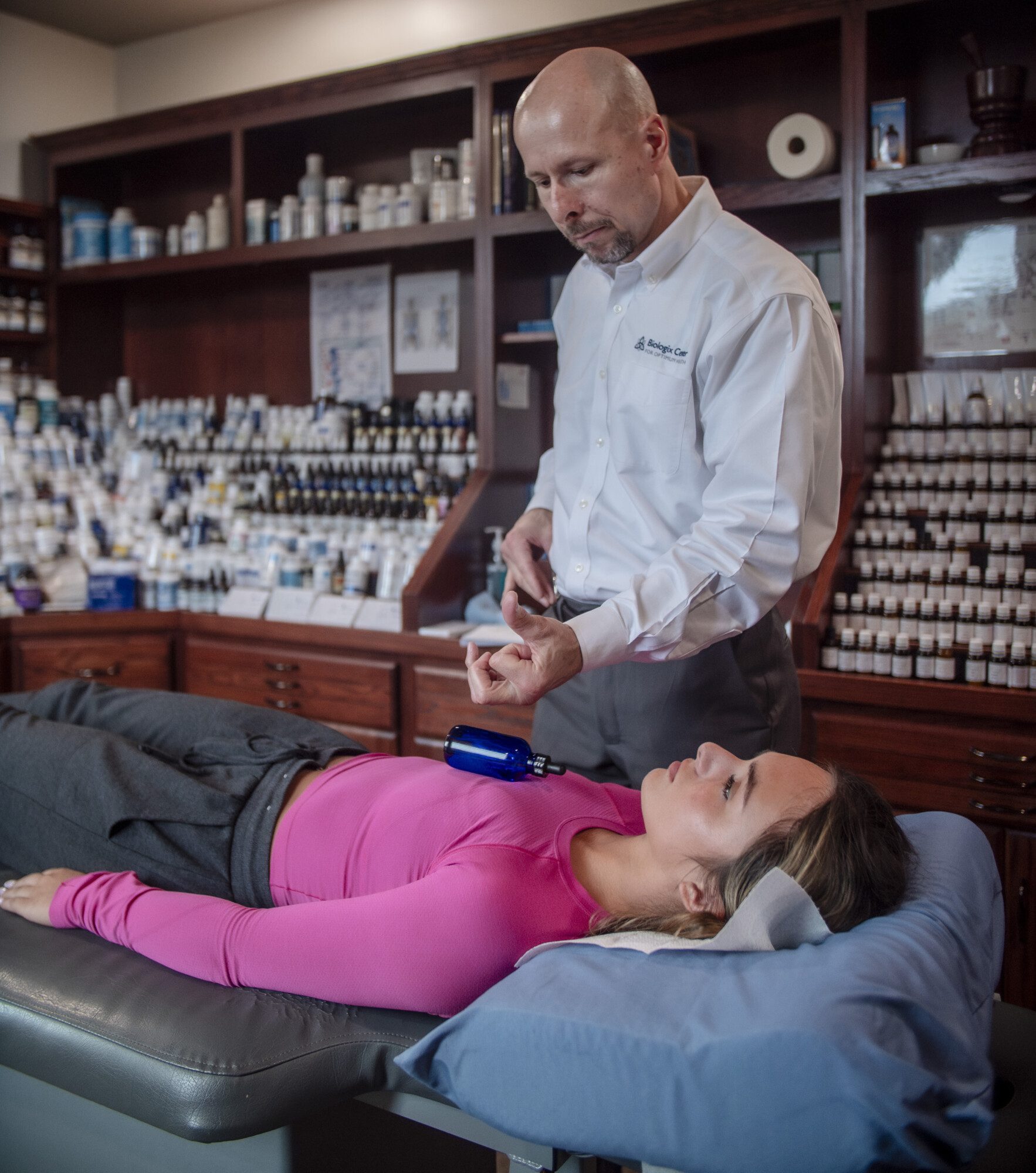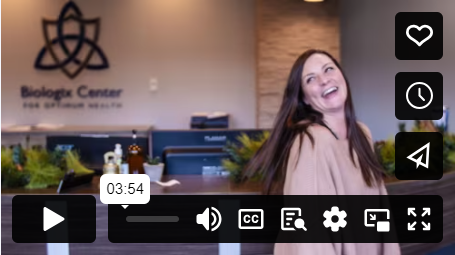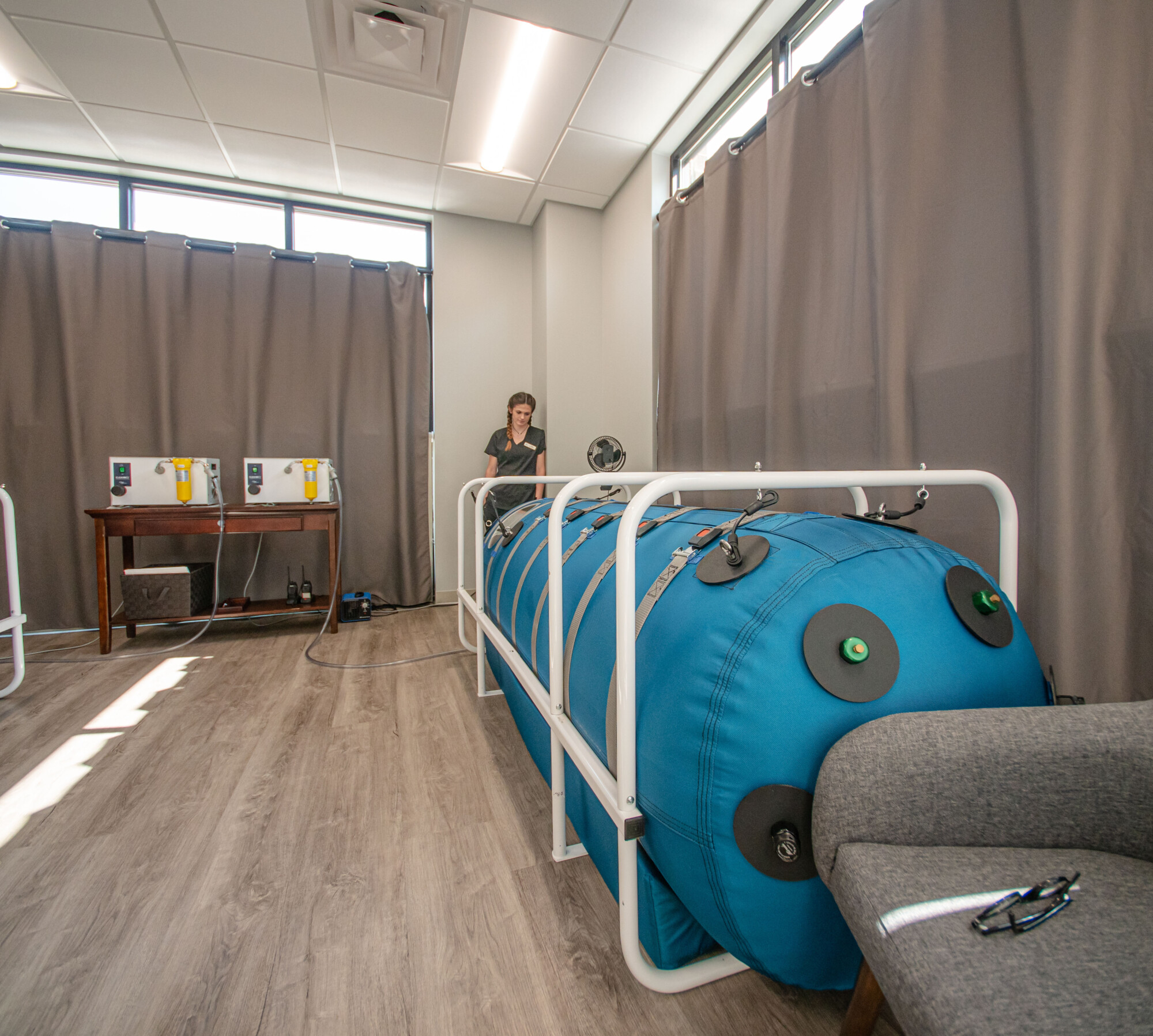What is Small Intestinal Bacterial Overgrowth (SIBO)?
Small intestinal bacterial overgrowth, or SIBO, occurs when bacteria from the large intestine migrates into the small intestine, causing there to not only be more microbes in the small intestine than there should be, but also additional strains of bacteria that are not typically found within the small intestine. The condition most often causes abdominal pain, bloating, excess gas, and diarrhea, but it may also interfere with a person’s ability to absorb nutrients.
People with low thyroid function, Crohn’s disease, celiac disease, diabetes, gastroparesis, Parkinson’s disease, scleroderma, and chronic pancreatitis are at an increased risk of SIBO, but many other factors such as diet and antibiotic usage can play a part as well. It is also important to note that parasitic worms like Ascaris and Anisakis tend to migrate to this area of the gut and could obstruct the valve area, allowing contents—and unwelcome bacteria—from the large intestine to leak back into the small intestine.
In addition, people with extensive scarring in the liver, or liver cirrhosis, often exhibit slower gut mobility, giving gut microbes more time to feed on nutrients in the gut and multiply in number. Nearly half of all people with liver cirrhosis had SIBO, compared to less than 10% of healthy people. Their backed up bile ducts allow less bile into the small intestine, and less bile in the gut is often linked to bacterial overgrowth due to bile’s antimicrobial properties. Parasites like Ascaris lumbricoides roundworms and Fasciola flukes can interfere with liver health—and in turn, increase the risk for SIBO—by clogging the bile ducts.
How is SIBO typically diagnosed?
Since it can, but not always, mimic other gut conditions, it is easy for doctors to misdiagnose SIBO as something else. Doctors may use breath testing and small intestine aspirate and fluid culture, as well as blood testing to look for vitamin deficiencies and stool evaluation to test for fat malabsorption. In addition to these tests, doctors may also recommend imaging tests like X-rays, CTs, and MRIs to look for structural abnormalities within the intestine.
At the Biologix Center, we will do more than provide you with temporary symptom relief. Using our drug-free, innovative, and exclusive technology, we will work to identify and address the underlying causes of your disorder so as to improve your entire body’s functions, restoring you to optimal health. Request your patient info packet now!
What are the symptoms of SIBO?
Patients suffering from SIBO may notice the following symptoms:
Loss of appetite
Many patients with SIBO notice increased pain after eating, leading to a loss of appetite overtime.
Abdominal pain
Abdominal cramping with SIBO varies in severity from mild to severe stomach discomfort.
Nausea
Nausea symptoms with SIBO vary in severity from mild to severe stomach discomfort.
Bloating
Patients with SIBO can often pinpoint the moment in the day when things went from fine to bad due to a sudden onset of bloating and excess gassiness (belching, flatulence, or both). Changes in diet do not seem to help.
Feeling uncomfortably full
Bloating symptoms with SIBO vary in severity from mild to severe stomach discomfort. Patients with SIBO feel bloated no matter what they seem to eat and often wake up feeling gassy and/or distended.
Diarrhea
Due to a reduced ability to absorb nutrients from food, patients with SIBO often notice frequent, watery stool.
Unintentional weight loss
SIBO makes it difficult to fully absorb nutrients into the body, so it is not uncommon for patients with SIBO to unintentionally lose weight.
Malnutrition
Patients struggling with SIBO have trouble absorbing nutrients within their food and need to be on the lookout for dehydration and anemia.
Anxiety and depression
Coping with persistent symptoms leaves many patients feeling hopeless, especially since the majority of medical doctors have yet to find long-lasting treatment methods. Reach out to a friend, family member, or counselor for extra support during your battle with SIBO.
If you are suffering from any of these symptoms or any additional symptoms not listed here, please contact us. We can help return your body to its natural rhythms. Request your patient packet today!
How is SIBO typically treated?
Once a person has been diagnosed with SIBO, doctors hope to surgically repair any postoperative loop, stricture, or fistula. If the loop cannot be reversed, they then typically suggest OTC and prescription drugs depending on their patient’s most noticeable symptoms and their severity. Antibiotic therapy is most commonly used to eliminate the bacterial overgrowth. Though these measures may temporarily ease symptoms, they do not provide lasting relief and may actually be disruptive to other systems of the body, especially since antibiotic use may increase the risk of SIBO.
How does The Biologix Center treat SIBO differently?
While the prevailing medical thought is to first and foremost mask any symptoms by prescribing purple pills for stomach pain, sleep-aids for exhaustion, and antidepressants for anxiety, none of these drugs address the symptoms’ underlying causes. The Biologix Center uses precise, real-time testing and treatment methods to target the multiple structural and functional imbalances associated with every case of SIBO, enabling the body to naturally, and often rapidly, achieve lasting relief. Our goal is to promote the long-term restoration of health without encouraging a dependence upon medications.
Using tests such as Biospectroscopic Emission Sequence Testing (BEST), developed at the Biologix Center over 20 years ago by Dr. David A. Jernigan, D.C., we can eliminate much of the guesswork in doctoring. Unlike conventional blood tests that produce merely a snapshot of a patient’s blood on the day it was drawn, our constantly evolving technologies provide far more insight into the root causes of a patient’s symptoms as well as treatment options that are tested for compatibility and effectiveness for each patient’s unique body, before even beginning treatment.
Every system of the body is interconnected and interdependent, meaning that each system must be precisely addressed in order for the body to achieve optimal health. Health care delivery is often a minimalistic approach. It is far easier to prescribe a painkiller or antibiotic than to provide the maximum applied effort needed to truly restore the optimum form and function of the body. The Biologix Center’s approach is for those who truly desire to be well, not just feel well from drug-induced illusions of health. The best of every healing method and testing is brought to your unique case, in one-on-one, hour-long treatment sessions with the doctor treating you.
Once we have determined a compatible treatment method to rid your entire body of any toxins and harmful bacteria, we will use NeuroCardial Synchronization™, developed at the Biologix Center by Dr. David Jernigan, D.C., to synchronize your brain and heart waves in an effort to help your body to maintain the correct heart rate and blood pressure. We will also use neurofeedback to enable the brain to correct its stuck brain waves. Doing so will restore the optimum functional and structural integrity of the body, and help you get your life back!
For further insight into our treatment of SIBO symptoms at the Biologix Center, please visit our blog.
If you’d like more information on becoming a patient at the Biologix Center, please request your patient info packet now!
“The ideal doctor is not a specialist in diseases, but one who understands disease, yet specializes in restoring what is most optimum. From there, the body can often heal itself.” – Dr. David Jernigan, D.C.
Want to learn more about our unique, all-inclusive clinical program?
Jumpstart your body’s ability to fight chronic disease with our intensive, one-week clinical program offering the most thorough diagnostic assessments and comprehensive treatment methods available today!
Develop a personal relationship with your doctor as he or she applies the best of every healing technique we have to offer to your unique case in multiple, one-on-one treatment sessions.
Our initiative has resulted in thousands of success stories and we look forward to adding yours!
